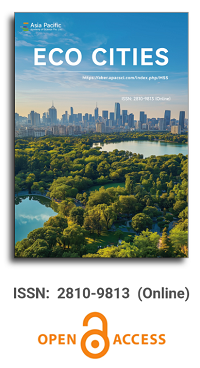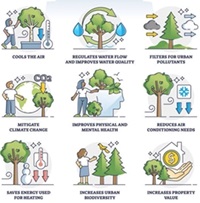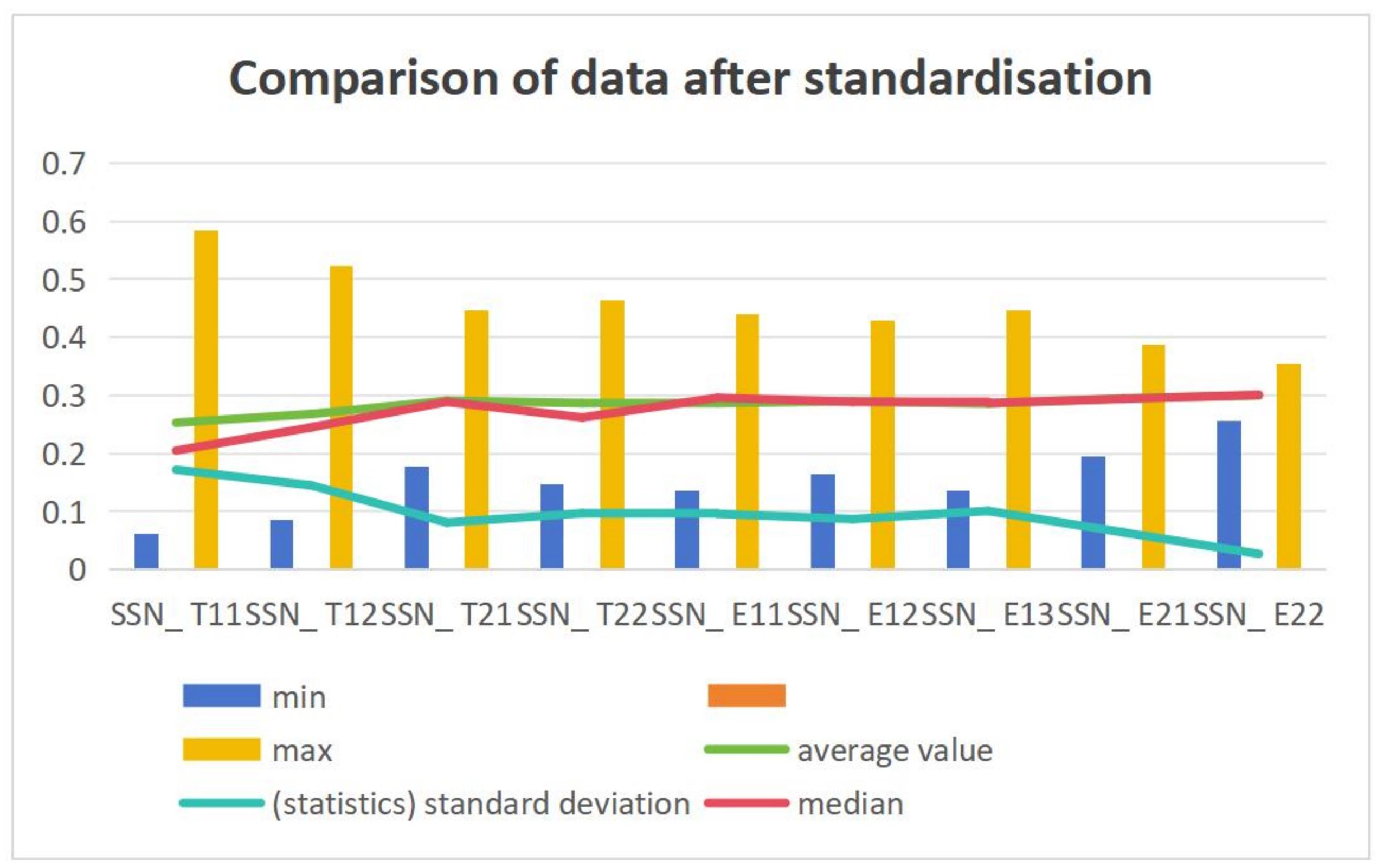


Protocol for a systematic review of the health impact of urban farming interventions
Vol 5, Issue 2, 2024
Download PDF
Abstract
Urban farms are areas specifically dedicated to growing plants for purposes related to food security, medicinal use, and therapeutic benefits. Their prevalence has increased notably since the beginning of the 21st century, and they are associated with numerous health advantages. However, there remains a lack of consensus regarding the health impacts of urban farming. In this manuscript, we present a protocol for a systematic review which aims to provide comprehensive insight into required methods used to assess health outcomes from urban farming interventions and is registered in PROSPERO under the reference number CRD42023448001. The protocol will adhere to the PRISMA guidelines, including studies addressing urban farming interventions for any population, with no restrictions on the year of publication, in databases such as PubMed, DOAJ, CAB Abstracts, and NIH. The ROBINS-I tool will assess bias, and the certainty of evidence will be evaluated using the GRADE framework. The data will be synthesized narratively in accordance with SWiM guidelines, aligning with WHO health concepts.
Keywords
References
- Harada K, Hino K, Iida A, et al. How Does Urban Farming Benefit Participants’ Health? A Case Study of Allotments and Experience Farms in Tokyo. International Journal of Environmental Research and Public Health. 2021; 18(2): 542. doi: 10.3390/ijerph18020542
- Song S, Hou Y, Lim RBH, et al. Comparison of vegetable production, resource-use efficiency and environmental performance of high-technology and conventional farming systems for urban agriculture in the tropical city of Singapore. Science of The Total Environment. 2022; 807: 150621. doi: 10.1016/j.scitotenv.2021.150621
- Nowysz A, Mazur Ł, Vaverková MD, et al. Urban Agriculture as an Alternative Source of Food and Water Security in Today’s Sustainable Cities. International Journal of Environmental Research and Public Health. 2022; 19(23): 15597. doi: 10.3390/ijerph192315597
- van Delden SH, SharathKumar M, Butturini M, et al. Current status and future challenges in implementing and upscaling vertical farming systems. Nature Food. 2021; 2(12): 944-956. doi: 10.1038/s43016-021-00402-w
- Muzzioli L, Donini LM, Mazziotta M, et al. How Much Do Front-Of-Pack Labels Correlate with Food Environmental Impacts? Nutrients. 2023; 15(5): 1176. doi: 10.3390/nu15051176
- Lu C, Shi L, Fu L, et al. Urban Ecological Environment Quality Evaluation and Territorial Spatial Planning Response: Application to Changsha, Central China. International Journal of Environmental Research and Public Health. 2023; 20(4): 3753. doi: 10.3390/ijerph20043753
- Page MJ, McKenzie JE, Bossuyt PM, et al. PRISMA 2020 statement: an updated guide for the publication of systematic reviews (Spanish). Revista Española de Cardiología (English Edition). 2021; 74(9): 790-799. doi: 10.1016/j.rec.2021.07.010
- Balduzzi S, Rücker G, Schwarzer G. How to perform a meta-analysis with R: a practical tutorial. Evidence Based Mental Health. 2019; 22(4): 153-160. doi: 10.1136/ebmental-2019-300117
- DePasquale EAK, Alganem K, Bentea E, et al. KRSA: An R package and R Shiny web application for an end-to-end upstream kinase analysis of kinome array data. Ginsberg SD, ed. PLOS ONE. 2021; 16(12): e0260440. doi: 10.1371/journal.pone.0260440
- Mazza E, Ferro Y, Pujia R, et al. Mediterranean Diet in Healthy Aging. The Journal of nutrition, health and aging. 2021; 25(9): 1076-1083. doi: 10.1007/s12603-021-1675-6
- De La Garza-Ramos MA, Ipiña-Lozano HH, Cano-Verdugo G, Nakagoshi-Cepeda MAA, Liu Y. Application of Robotics in Orthodontics: A Systematic Review. Cureus. 2024 Apr 18;16(4): e58555. doi: 10.7759/cureus.58555. PMID: 38765377; PMCID: PMC11102082.
- Mumtaz L, Farid A, Yousef Alomar S, et al. Assesment of polyphenolic compounds against biofilms produced by clinical Acinetobacter baumannii strains using in silico and in vitro models. Saudi Journal of Biological Sciences. 2023; 30(9): 103743. doi: 10.1016/j.sjbs.2023.103743
Supporting Agencies
Copyright (c) 2024 Brianda Daniela Flores-García, Georgina Mayela Núñez-Rocha, María Natividad Ávila-Ortíz, Karina Janett Hernández-Ruiz, Guillermo Cano-Verdugo
License URL: https://creativecommons.org/licenses/by/4.0/

This site is licensed under a Creative Commons Attribution 4.0 International License (CC BY 4.0).

Chinese Academy of Sciences, China
Indexing & Archiving
Asia Pacific Academy of Science Pte. Ltd. (APACSCI) specializes in international journal publishing. APACSCI adopts the open access publishing model and provides an important communication bridge for academic groups whose interest fields include engineering, technology, medicine, computer, mathematics, agriculture and forestry, and environment.



.jpg)

.jpg)



